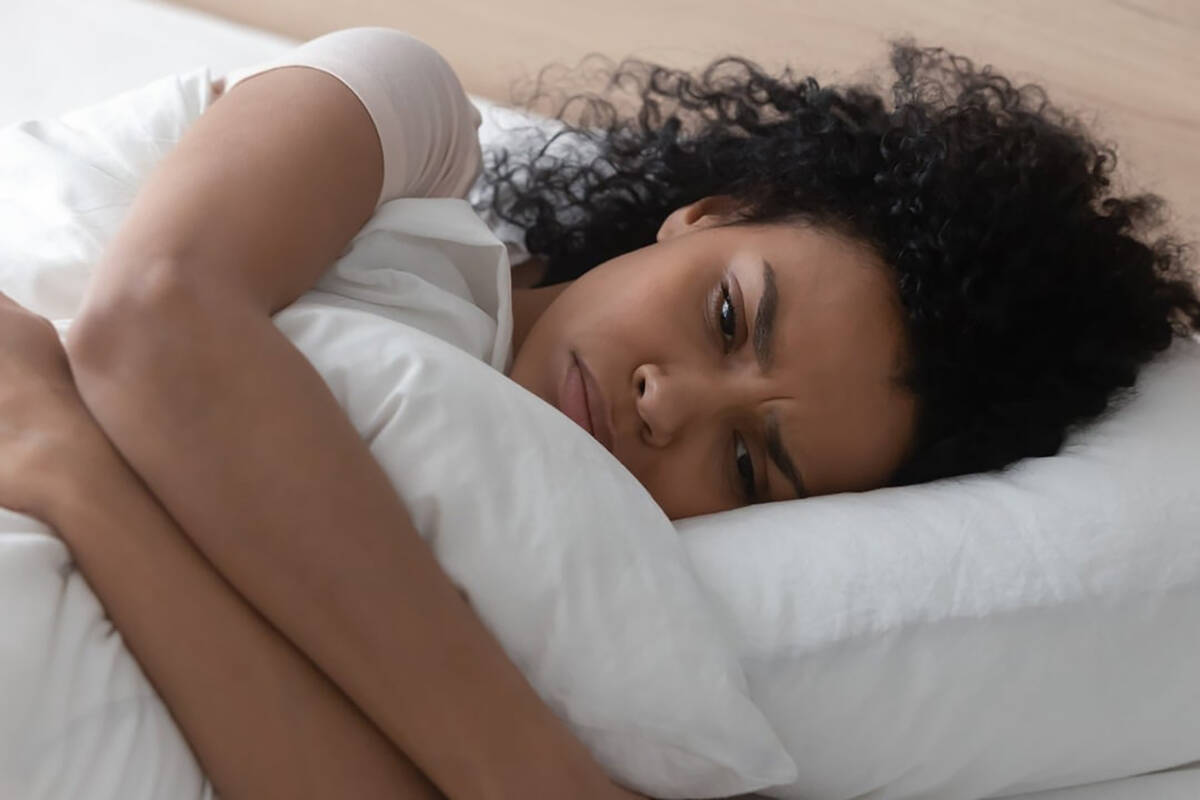Is sleep deprivation taking a toll on your health?
Sleep deprivation correlates with seven of the 15 leading causes of death in the United States: heart disease, cancer, stroke, accidents, diabetes, infection and high blood pressure. Lack of sleep also has mental health repercussions, including an increased risk of depression, anxiety and generalized symptoms such as loss of motivation or focus.
Poor sleep habits are a global concern. A deeper understanding of the underlying causes is needed. Learning to prioritize and get a better night of rest provides far-reaching benefits for mental, physical and overall quality of life.
While people may regularly sleep for less than seven hours per night, it is probably compromising their health more than they realize.
A growing concern
With the rise of constant access to technology and a culture that prioritizes productivity over rest, sleep deprivation has become an epidemic. More and more people are struggling to get enough sleep each night, which is taking a heavy toll on their health.
Sleep is a basic human need. The sleep deprivation epidemic is especially concerning because it affects people of all ages, from young children to older adults, and increases the risk of early mortality.
A recent analysis from Exhale Wellness finds that Americans’ most common sleep-related question on Google in 2023 was, “Why can’t I sleep?”
People are actively seeking solutions for their exhaustion.
The adverse effects
Sleep is an underrated tool for maintaining good health. During sleep, the body repairs, restores and regenerates itself. Sleep deprivation disrupts these critical processes and can lead to a variety of physical and mental health problems.
Health concerns range from poor cognitive function, manifesting as delayed reactions, moodiness and easy distraction, to effects on the heart, immune system and metabolism.
Improving sleep habits
Sleep experts agree that a good night’s rest falls between seven and nine hours, which will vary with each individual. Aside from the numerical amount, sleep quality is also a concern. Waking up feeling rested involves going through full sleep cycles, avoiding disruptive screens before bed and keeping a consistent sleep schedule.
While it’s never too late to start prioritizing a better sleep routine, the Centers for Disease Control and Prevention recommends starting young with better sleep education. With 6 out of 9 middle schoolers and 7 out of 10 high schoolers not getting enough sleep, building a foundation emphasizing the importance of sleep for good health is critical.
Tips for establishing better sleep habits include:
■ Go to bed and wake up at the same time each day, even on weekends.
■ Avoid screens before bed, as these affect the hormone production needed for restful sleep.
■ Refrain from medicine, drinks and food before bed that affect sleep patterns, such as sugar-dense foods, alcohol and caffeine.
■ Exercise daily to regulate hormone production and enhance sleep quality.
■ Participate in relaxing, stress-reducing activities before bed, such as deep breathing, meditation, yoga or reading.
Taking sleep more seriously
Getting better sleep is an underutilized tool for maintaining good health. Better sleep equates to improved energy levels, mood and focus and lowered risk for numerous health concerns. So, why don’t most people take it more seriously?
When someone is tired from an all-nighter or dealing with a sick child, societal sympathy is minimal. The same can be said for chronic sleep deprivation. Exhaustion from lack of sleep is so normalized that people rarely pay attention to the severe consequences and expect to keep persevering. It is not often a health factor discussed or considered at a doctor’s appointment either.
There are simple, accessible steps everyone can take to improve their sleep hygiene and prioritize better rest. It begins with educating ourselves on the importance of sleep and consciously trying to establish and maintain good sleep habits.





























